Published
4 months agoon
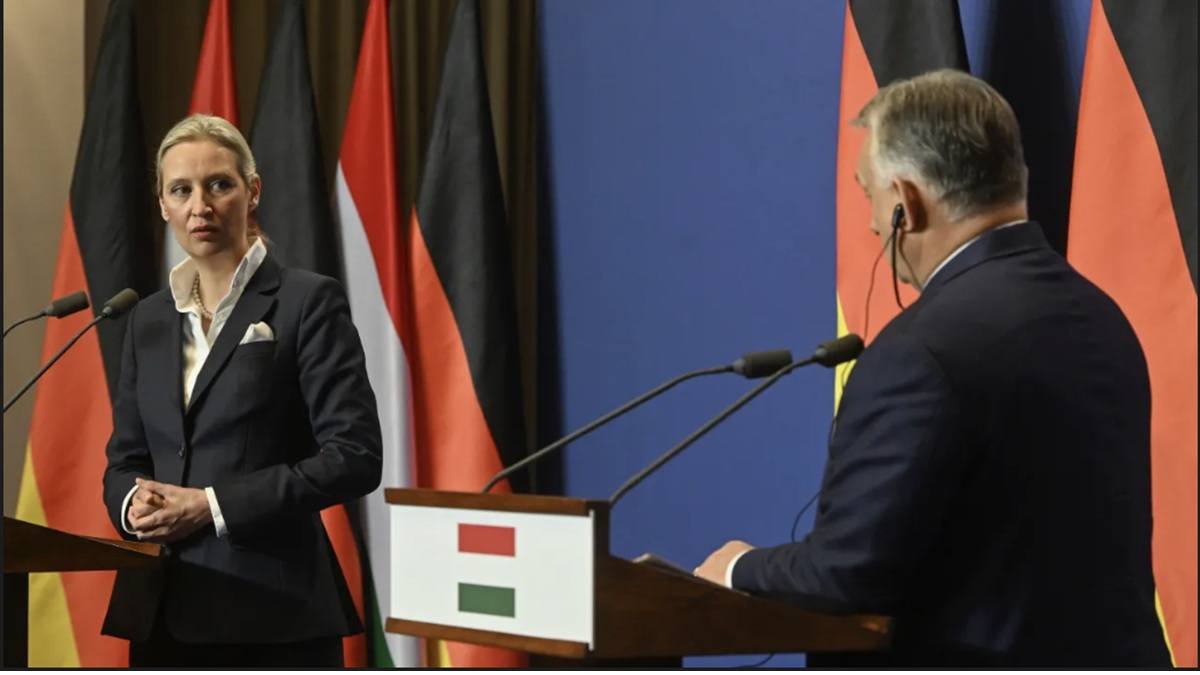
In a rare and dynamic televised event, Germany’s political heavyweights came together to outline their visions for the nation’s future. The ZDF program Klartext made history by hosting four prominent chancellor candidates, each representing a different political spectrum. The stage was set for a lively exchange of ideas. Olaf Scholz (SPD), Friedrich Merz (CDU), Alice Weidel (AfD), and Robert Habeck (Greens) answered questions from moderators. Bettina Schausten and Christian Sievers posed these questions. Engaged viewers across the country also asked questions.
The evening was marked by sharp exchanges, candid revelations, and moments of introspection. Friedrich Merz, the CDU leader, found himself at the center of several heated discussions. When asked about his stance on international relations, particularly with the U.S. under a potential Donald Trump presidency, Merz emphasized the importance of Germany asserting itself on the global stage. “We cannot approach the Americans as a dwarf. If we do, we cannot expect to be treated as an equal,” he remarked. He underscored the need for a strong and independent European voice.
One of the most poignant moments came when a concerned citizen expressed fears of escalating tensions with Russia. The citizen was particularly worried about Germany’s potential delivery of Taurus missiles to Ukraine. Merz responded with a sobering assessment of the geopolitical landscape. He warned that without decisive action, Ukraine could be left vulnerable, and Putin’s ambitions might extend further into Europe. “If we fail to stand united, the consequences could be dire.” He cautioned and called for a more robust and proactive European response.
The conversation also turned to domestic issues, with Merz addressing Germany’s infrastructure challenges. He highlighted the urgent need for investment in road and rail networks. He suggested that private capital could play a role in revitalizing the country’s aging systems. “Our railways are overburdened and in desperate need of modernization,” he said. Merz also advocated for increased competition in the sector.
Alice Weidel of the AfD faced her own set of tough questions. These were particularly about her party’s controversial stance on renewable energy. A wind farm operator challenged her about her opposition to wind turbines. Weidel defended her position. She argued against what she called “unilateral subsidies” for specific energy sources. She asserted, “If an industry can’t survive without government support, it’s time to rethink its viability.” Her statement sparked a heated exchange with the audience.
Weidel also reiterated her party’s skepticism toward the European Union, advocating for a return of decision-making power to national governments. However, a young first-time voter met her views with skepticism. The voter questioned the wisdom of undermining the EU’s democratic framework. “The EU isn’t perfect. However, dismantling it isn’t the solution,” the voter countered. This highlighted the generational divide in perspectives on Europe’s future.
The evening wasn’t without its lighter moments. When Merz and Weidel shared a handshake, Weidel seized the opportunity to extend an olive branch. She recalled past instances of collaboration in the Bundestag. Merz was quick to shut down any notion of future cooperation. He firmly stated his opposition to aligning with the AfD. “Look at the company you keep,” he quipped, a subtle jab at Weidel’s political allies.
The program was coming to an end. It was clear that the discussions had touched on some of the most pressing issues facing Germany today. These issues ranged from energy policy and infrastructure to international relations and democratic values. The event served as a reminder of the power of dialogue in a democracy. It offered voters a glimpse into the minds of those vying to lead the nation.
For those who missed the live broadcast, the key takeaways are clear. Germany stands at a crossroads. The choices made in the coming months will shape its trajectory for years to come. The need for bold and visionary leadership has never been greater. This applies whether it’s navigating the complexities of global politics or addressing the challenges at home.
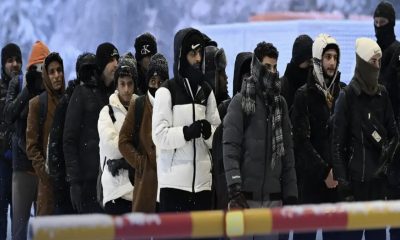

Germany’s New Coalition Government Unveils Stricter Immigration and Citizenship Policies
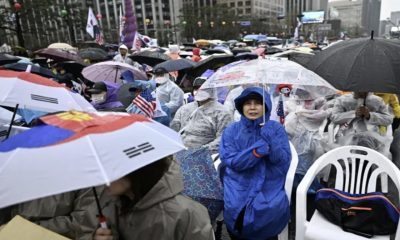

Mass Protests Erupt in South Korea Over President Yoon’s ImpeachmentAFP
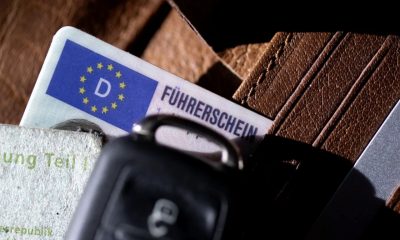

EU Representatives Agree on New Driving License Rules
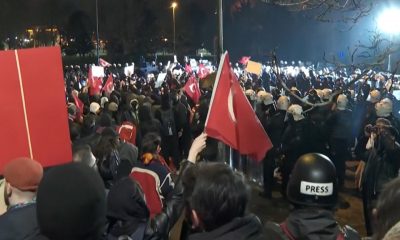

Erdogan Calls Turkey Protests ‘Evil’ as Unrest Escalates
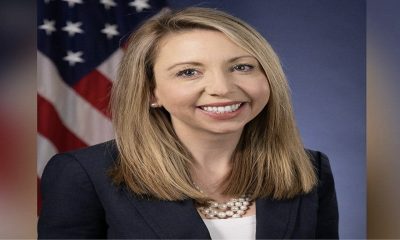

Former U.S. Attorney Jessica Aber Found Dead at 43


UN Reduces Staff Presence in Gaza Due to Security Concerns
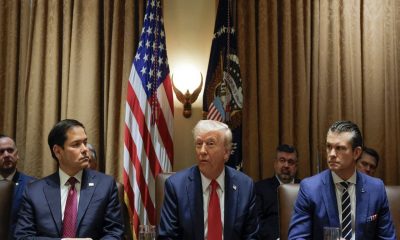

US Government’s Security Blunder: Journalist Accidentally Invited to Secret Chat










